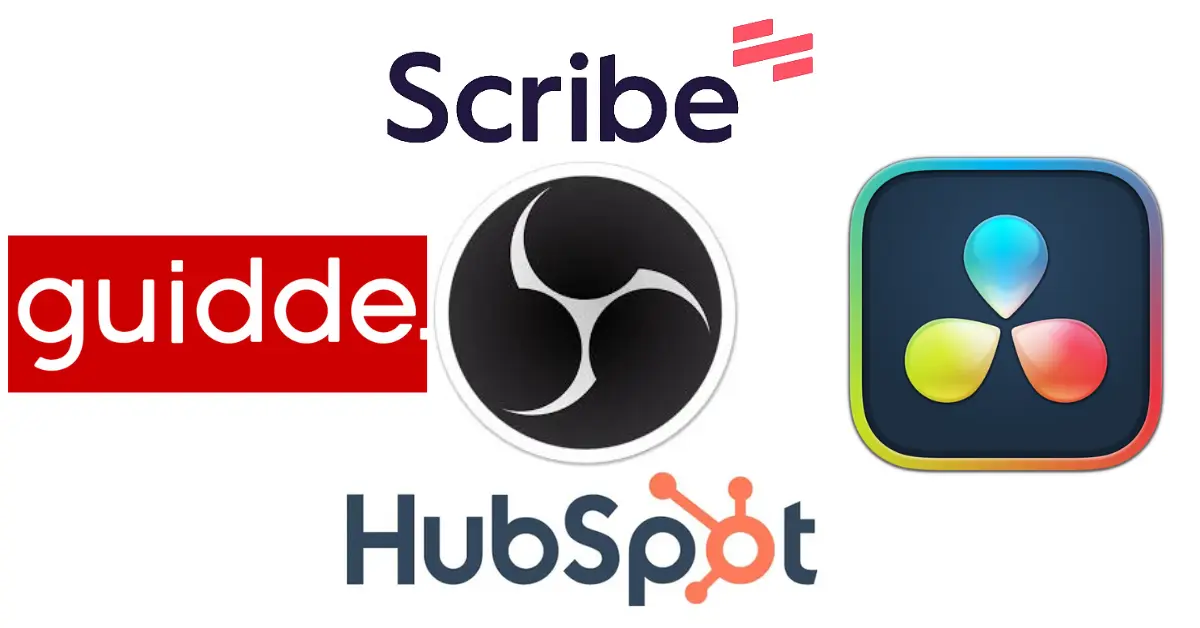How to Create a Budget and Stick to It: Financial Planning 101
Setting the Stage for Financial Success
Picture this: you’re on a journey to financial success, and the key to unlocking it is right in your hands – a well-structured budget. Whether you’re dreaming of that big purchase, aiming to conquer debt, or simply taking charge of your financial ship, a solid budget acts as your trusty roadmap. Let’s embark on a guided tour through Financial Planning 101, breaking down the essentials of crafting a budget and delivering practical steps to stay on course. Buckle up, because we’re diving into the world of financial empowerment!

Grasping the Basics: What’s the Deal with Budgets?
Imagine your budget as a plan that maps out your income and expenses. Think of it as your magical tool for managing your money smartly, ensuring you have ample resources for your needs and dreams. As you track the flow of your funds, you’ll paint a clear picture of your financial situation, enabling wise decision-making.
Step 1: Taking a Closer Look at Your Finances
Before you start into creating your budget, let’s assess where you stand financially. Calculate your total income from various sources – your regular job, those side gigs, and any investments. Then, jot down your fixed monthly expenses: think rent, utilities, groceries, and loan payments. Don’t forget those extra treats like entertainment and dining out!
Step 2: Carving Out Clear Pathways with Goals
Now, let’s set some goals in stone. Are you saving up for a fantastic vacation, aiming to crush that pesky credit card debt, or building up an emergency fund? Defining clear goals not only steers your funds in the right direction but also keeps your motivation alive and kicking.
Step 3: Sort and Conquer: Expense Categorization
Time to sort those expenses into neat categories – housing, transportation, food, entertainment, savings, you name it. This sorting magic makes it a breeze to track where your money flows, allowing you to spot areas where you can trim if needed.
Step 4: Crafting Your Budget Masterpiece
Using all that info you’ve gathered, it’s time to build your budget. Allocate a slice of your income to each expense category, making sure your total expenses stay in harmony with your income. Be practical and take into account those surprise expenses that life loves to throw at us.
Step 5: The Budget Detective: Tracking Your Spending
This is where the rubber meets the road – keeping tabs on your actual spending. Regularly measure your spending against your budget to ensure you’re staying on the right path. Don’t worry, there’s a bunch of budgeting apps and tools out there to make this a breeze.
Step 6: Flexibility is Key
Life isn’t static, and neither are your financial circumstances. If you go a bit overboard in one category, don’t fret. Just make adjustments elsewhere. Being flexible is the secret ingredient to maintaining a budget that truly works for you.
Tips for Sticking to Your Budget:
- Set aside a portion of your income for savings and treat it as a non-negotiable expense.
- Prioritize debt repayment to minimize interest payments.
- Consider the 50/30/20 rule: allocate 50% to necessities, 30% to discretionary spending, and 20% to savings and debt repayment.
- Use cash for discretionary spending to create a tangible limit.
- Avoid impulse purchases; wait 24 hours before buying non-essential items.
- Review your budget monthly and celebrate your progress.
In Conclusion: Your Financial Voyage Awaits
Creating and sticking to a budget isn’t just some money magic trick; it’s the foundation of your financial journey. It’s about making thoughtful choices with your money, leading to a more secure and stress-free tomorrow. Remember, financial freedom is closer than you think – all it takes is a pinch of planning, a dash of discipline, and a dollop of determination. Start your journey today and watch your financial dreams take flight!








